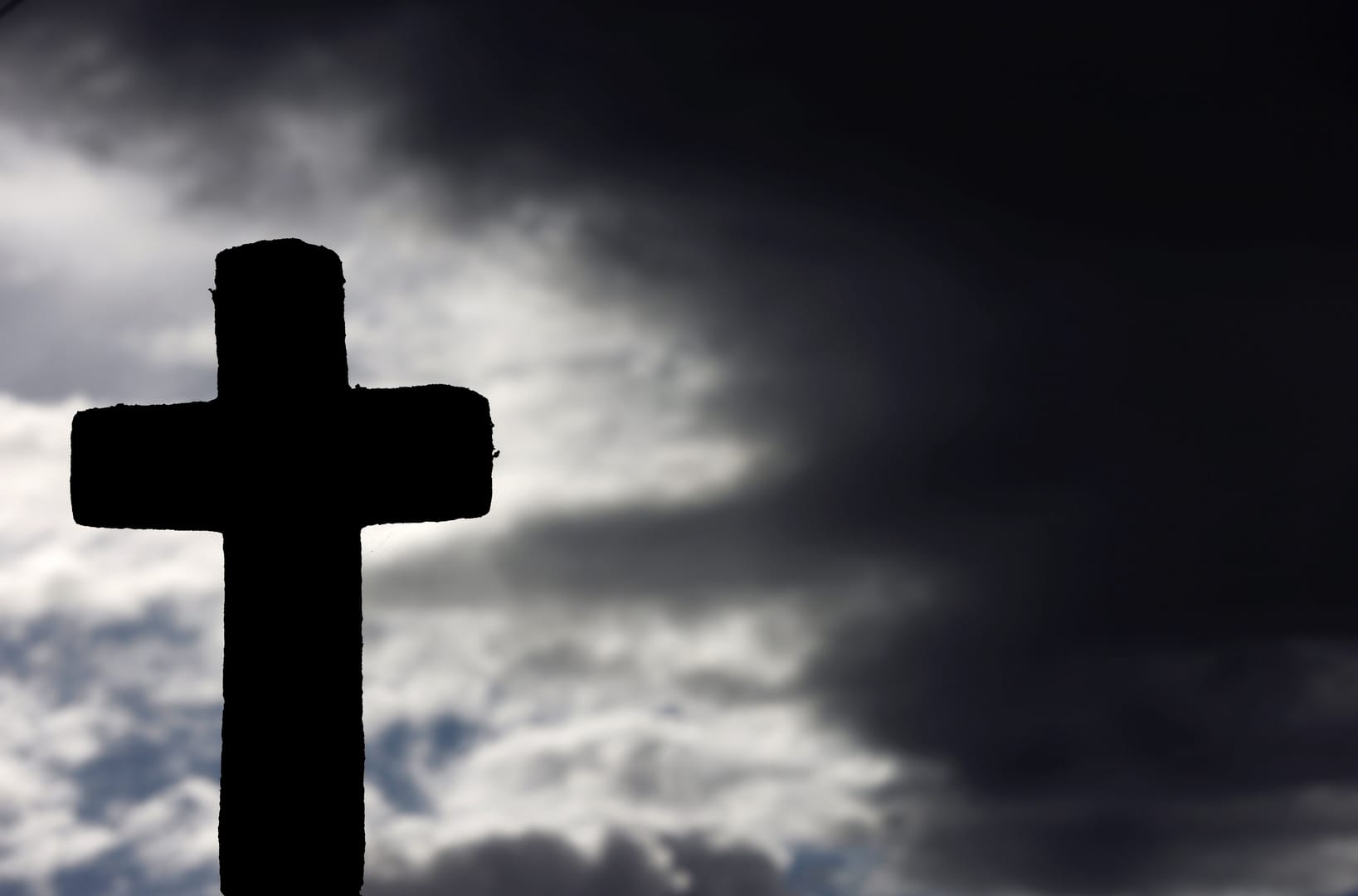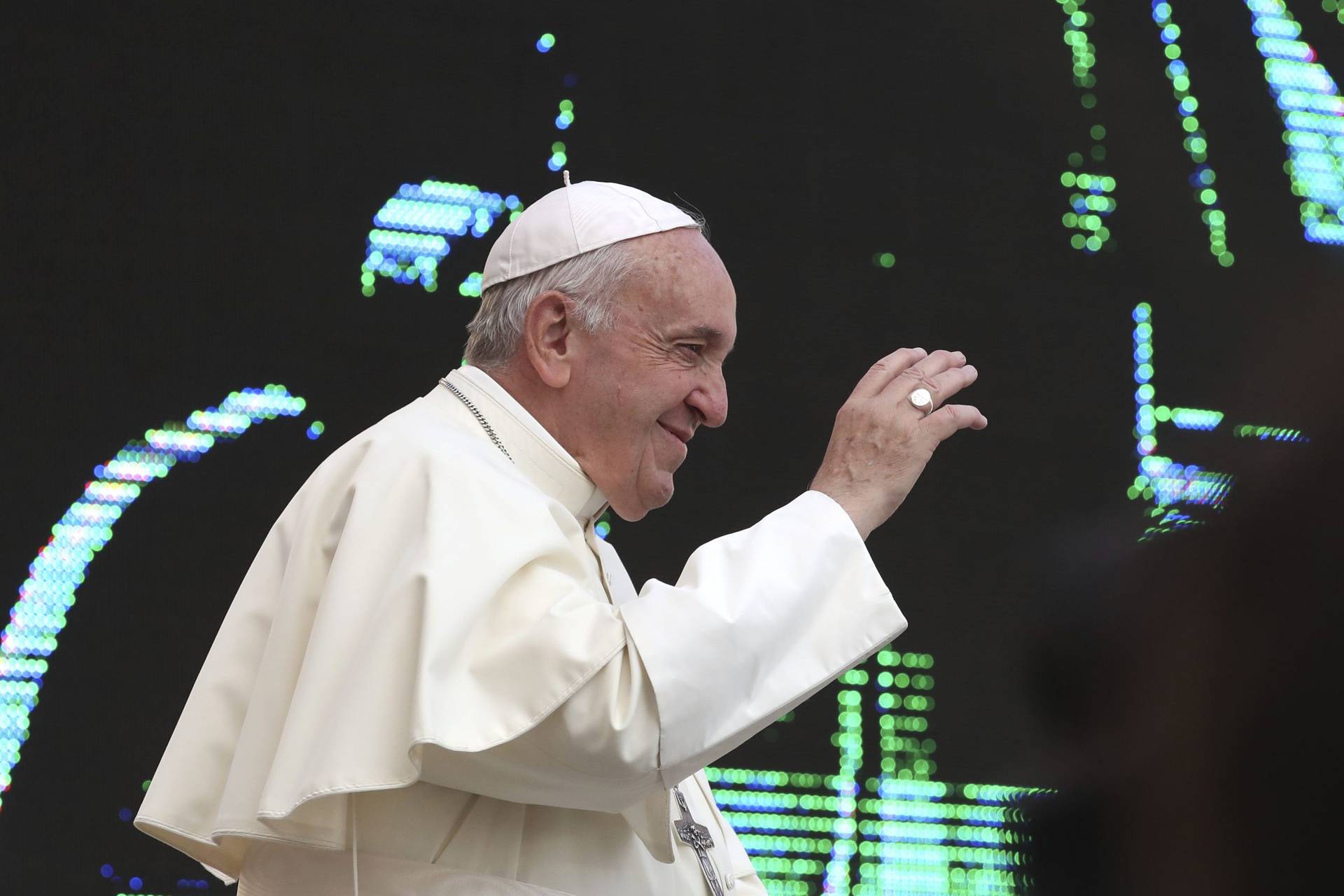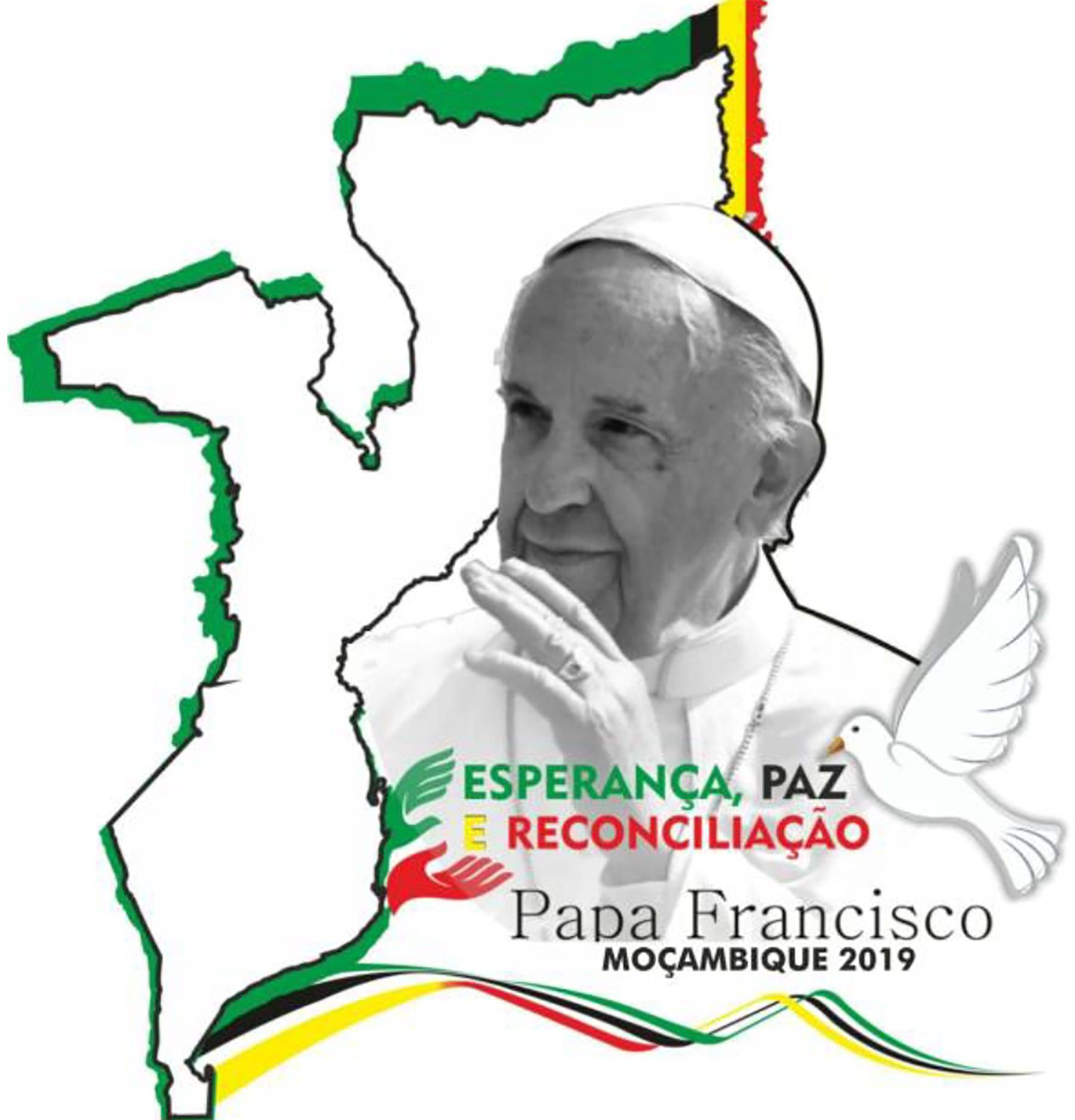Pope Francis has injected new energy into the Catholic Church with an outspoken manner and teachings that emphasize mercy over moralizing. In style and substance, his approach to the issues confronting the world’s 1.25 billion Catholics has differed from his predecessors — though he has not changed official Church doctrine.
Here is a brief look at where Francis stands on issues of particular importance to Americans.
Gay marriage and homosexuality
Francis has approached the question of homosexuality with a lighter touch than those of his predecessors, but he has not changed Catholic teaching that homosexuality is “intrinsically disordered,” and he opposes same-sex marriage. He has insisted, however, that Catholics shift their attitude toward gay people to love and welcoming instead of judgment. The most famous sentence he has uttered so far in his papacy was an off-the-cuff response to a reporter’s question about homosexuality: “Who am I to judge?”
The Catholic Church’s opposition to abortion has not changed under Francis, who believes that unborn fetuses are sacred and must be protected.
However, he has criticized the Church for being “obsessed” with issues like abortion and homosexuality and has emphasized the opposition to them far less than his predecessors. He has also said priests should absolve women who confess to “the sin of abortion” during the Church’s upcoming Year of Mercy if they seek forgiveness for their sins with a “contrite heart.”
Divorce
The Church views Catholic couples who obtain civil divorces and then remarry in civil ceremonies to be committing adultery. That has not changed. But Francis has urged a more merciful approach toward these Catholics and ignited controversy by opening debate on whether they should be allowed to receive Communion. Before his trip to the United States, he also sped up the process of annulments.
Birth control
Francis has endorsed the Church’s opposition to contraception, enshrined in the 1968 encyclical Humanae Vitae, and counseled Catholics to practice “responsible parenthood” through methods approved by the church, like the so-called rhythm method.
While Francis has advised Catholics not to breed “like rabbits,” he has not reversed a ban on condom use that has many critics, especially regarding the spread of AIDS.
Women and the Church
Francis does not support the ordination of women as priests and has said a woman cannot lead a major Vatican congregation because only cardinals, who are only male, can do so. He has consistently said he believes women should play a greater role in running the Church, though he remains under criticism for not advocating more formal roles.
Under his predecessor, Benedict XVI, the Church began two far-reaching investigations into American nuns after accusations that female religious orders in the United States had become hotbeds of secularism and feminism. Francis brought both probes to an end, instead praising the women for their work on behalf of the poor.
Sexual abuse
After initially being criticized for a lackluster response to the issue — as both head of the Argentine Church and as pope — Francis created a commission of experts that included abuse survivors to advise the Vatican on how to respond to such allegations. On their recommendation, he created a Vatican tribunal to prosecute bishops who protect abusive priests.
Francis was praised for accepting the resignations of two American bishops accused of shielding abusers, but caused an uproar in March when he promoted a Chilean bishop accused of both covering up and participating in the sexual abuse of minors.
Migration
As Europe faces waves of migrants, some of whom have died during their journey, Francis has been a strong advocate for their human rights and acceptance. He urged Europe and other wealthy nations to welcome people fleeing conflict and poverty, and he has described the conditions facing migrants on the US-Mexico border as “inhuman.” Addressing the crisis in Europe, Francis told European lawmakers, “We cannot allow the Mediterranean to become a vast cemetery.”
Environment
Francis has made addressing climate change a cornerstone of his papacy. “Never have we so hurt and mistreated our common home as we have in the last two hundred years,” Francis wrote in his second encyclical, “Laudato Si,” which called climate change a man-made phenomenon caused by overconsumption, greed and the use of fossil fuels. In a rare instance of the Vatican going viral, Francis repeated this message in a Twitter post: “The earth, our home, is beginning to look more and more like an immense pile of filth.”
Capitalism
Francis has compared unbridled capitalism to the idolatrous worship of money and has said that the world’s poor have a “sacred right” to jobs, housing, and land. Quoting a 4th-century bishop, he has called the unrestrained pursuit of riches “the dung of the devil” and criticized international financial institutions for practicing a “new colonialism.” Some conservatives in the United States have accused him of being a communist in bishop’s clothing, but Francis has said he is merely spreading the gospel.
Diplomacy
Francis played a crucial role in the restoration of full diplomatic relations between the United States and Cuba, reaching out to the leaders of both countries shortly after his election in 2013 with an offer to mediate negotiations between them.
That led to a series of secret meetings between representatives of the two countries that culminated in a meeting in Vatican City in the fall of 2014. When President Barack Obama and President Raúl Castro announced the beginning of the normalization process in December 2014, both men thanked Francis for the role he played.
















